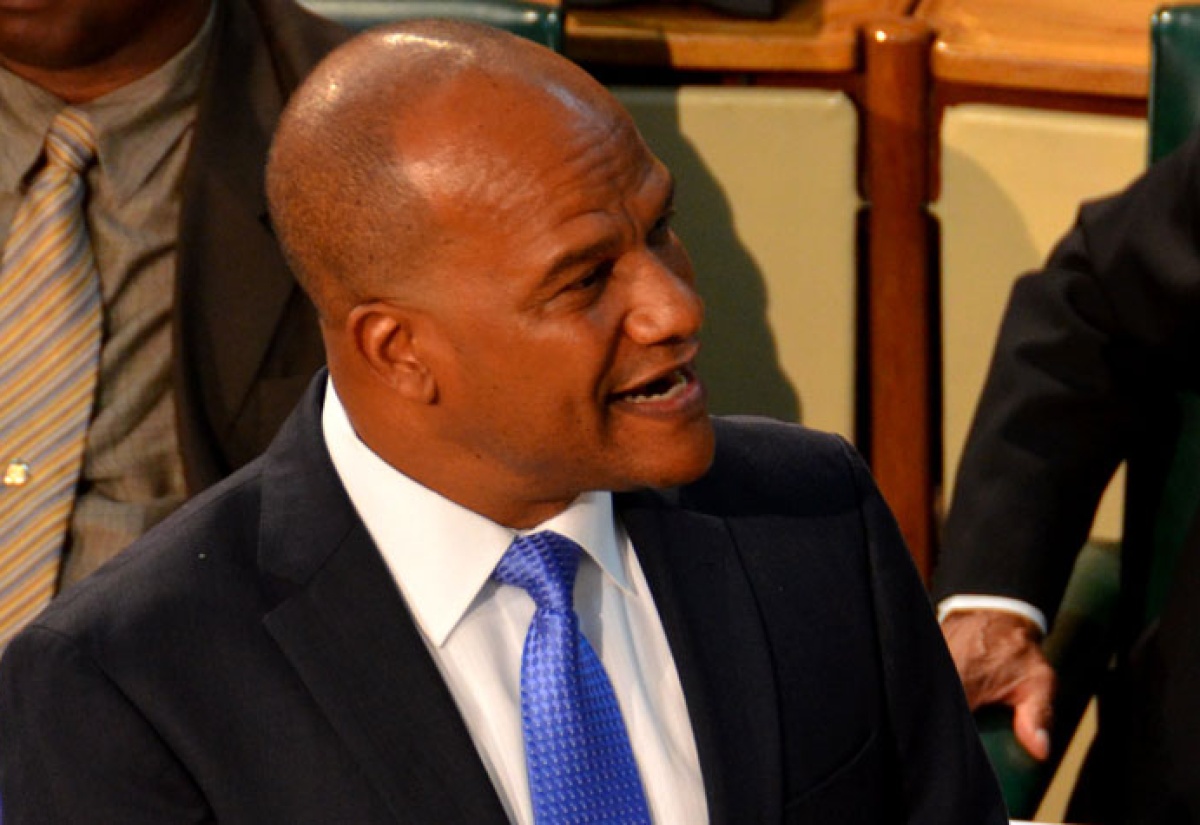House Approves Legislation to Place $1 Million Limit on Cash Transactions
By: , October 17, 2013The Key Point:
The Facts
- Members on both sides of the House had argued for the limit to be raised from the originally proposed $500,000 to at least $2 million.
- Cash transactions of over $1 million cannot be undertaken by anyone other than a “permitted person,” such as a bank or licenced financial institution.
The Full Story
The Lower House, on Tuesday, October 15, passed changes to the Proceeds of Crime (POCA) Amendment Bill, which, among other things, places a limit of $1 million on cash transactions with financial institutions.
Members on both sides of the House had argued for the limit to be raised from the originally proposed $500,000 to at least $2 million.
The $1 million limit means that under the provisions for the reporting of suspicious transactions, cash transactions of over $1 million cannot be undertaken by anyone other than a “permitted person,” such as a bank or licenced financial institution.
Minister of National Security, Hon. Peter Bunting, in piloting the Bill through the House, stressed the importance of ensuring that Jamaica is fully compliant with the Caribbean Financial Action Task Force (CFATF) requirements.
In its last mutual evaluation in June 2005, results indicated that Jamaica was assessed as largely compliant with 30 of the 48 recommendations; partially compliant with 13; and non-compliant with five.
Minister Bunting pointed out that between 2005 and now, the government has taken several actions to address the outstanding issues, including the passage of the POCA in 2007, which is aimed at strengthening the country’s anti-money laundering framework, and combating the financing of terrorism.
Mr. Bunting said while Jamaica continues to review its laws to ensure compliance with the requisite international standards, there were still some unresolved issues.
He informed that during the 35th CFATF plenary in May 2012, in discussion regarding the country’s sixth follow-up report, it was determined that based on lack of progress in addressing the remaining deficiencies identified in 2005, Jamaica should be moved to the next stage in the follow-up process, which is a CFATF high level mission to Jamaica.
This was undertaken in September 2012, and the country submitted an action plan to address all outstanding deficiencies within specific timelines, or face sanctions.
Mr. Bunting outlined that these sanctions could include: a public statement issued by the CFATF reflecting that Jamaica is insufficiently compliant; suspension from the CFATF; or termination of membership for default.
“Obviously, if that were to happen, we would be in a serious position,” the National Security Minister stated.
In the debate leading up to the passage of the amendments, Member of Parliament for South St. Catherine, Fitz Jackson, raised concern that small and medium-sized operations, in particular, could be forced to bear too many bank charges for daily transactions, which amount to or exceed $500,000.
“The last thing we want to do is foist any incremental expenses on their business transactions on a day-to-day basis…it is those incremental transactions that make the difference for many businesses,” Mr. Jackson said.
Opposition Spokesman on National Security, Delroy Chuck, said while it is a good idea to move away from cash transactions, there are “dangers” to having a cash limit of only $500,000, as Jamaicans for the most part use cash.
He noted also that in developed societies such as Europe where there are limits on cash use, the systems which facilitate electronic transactions are well advanced, and easy to use.
Some of the other amendments include the addition of an oversight regime for designated non-financial businesses and professions, such as attorneys, accountants, real estate dealers, and dealers in special metals and stones.
The Act also outlines the powers that the designated competent authorities will have in relation to the role of monitoring compliance with the anti-money laundering requirements.


